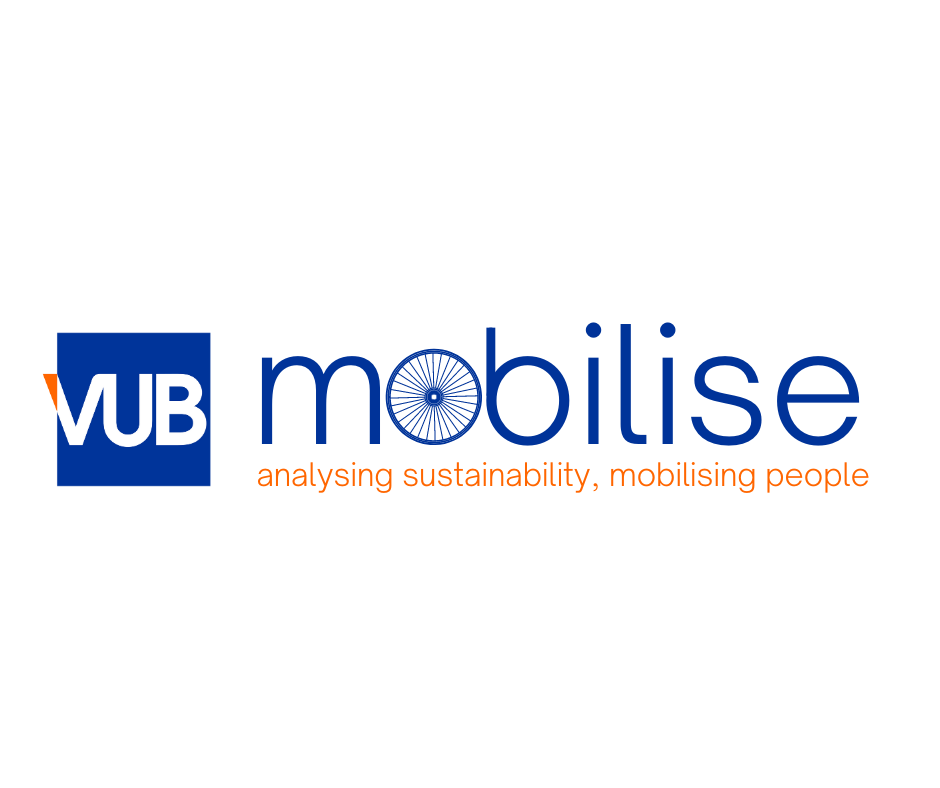Sustainable logistics
Sustainable logistics at Mobilise
With the Sustainable logistics team we go back to the core of sustainability. Indeed to make logistics sustainable and future-proof, you need to ensure that it meets the needs of the present without compromising the ability of future generations to meet their own needs. Our research targets the three main concepts of the above definition set by the Club of Rome: the current needs, the compromising aspect and the future needs.
The current needs in logistics are set by todays practice and related best practices. To capture these current needs, the Sustainable Logistics Group is working on a daily basis together with the industry, governments and NGO's. We incorporate business as usal and evolving knowledge from academic literature into innovating projects like:
- research emission-free deliveries in the Ecozone with Bpost, and co-creation of solutions in European project CodeZero
- the use and impact of consolidation centers like microhubs and the Brussels Construction Consolidation Center
- development of a policy framework for emission-free deliveries in Flemish cities
- the development, acceptance and assessment of new emission-free vehicles for the urban last-mile in European project Shift2Zero
- Living lab for the Physical Internet in PILOTS
- innovations in construction logistics, like kitting
- development of a total-cost-of-ownership calculation tool for electric trucks
- or the European project Cairgobike in which the right ecosystem for cargobikes is created.
This list represents well some of the key logistics domains of the group: e-commerce, zero-emission logistics, digitalisation, cyclo-logistics, urban logistics facilities, construction logistics, policy analysis and inter- and synchro-modal transport.

Tools & methods
Freight transport is generating externalities (like air pollution, CO2, accidents, congestion, etc.) with related compromising effects. Mobilise uses the External Cost Calculator to calculate and monetarize the sustainibility impact of logistics activities. The calculator has been used for many actors like Nike, Colruyt, Port of Brussels or AB Inbev, and it forms the basis for the Lean & Green (Star) evaluations and the Logistics Sustainability Index ©. The calculator creates awareness, which leads to sustainable choices. That is the aim of Smartdrop, a tool we developed for COMEOS to calculate the impact of parcel deliveries and the most sustainable delivery option for each customer. One of such choices is avoiding transport activities. Mobilise is researching transport demand (circular logistics, reverse logistics, short supply chains), bundling (consolidation centers) and reducing driven kilometers thanks to vehicle routing improvements. Next, comes act & shift. Transport should be allocated to the most sustainable transport modes. Mobilise is a leading expert in the field of intermodal and synchromodal transport. SYMBIT is a tri-modal agent-based transport model allowing to research the potential and impact of sychromodal supply chains. Lastly, you can anticipate new technologies. Mobilise is researching the impact of electric, hydrogen, biofuels and autonomous logistics solutions.
Future-proof solutions
By simulating the future, Mobilise wants to generate insights to enable sustainable decision making. Mobilise is able to perform sustainability assessment of future or hypothetical situations thanks to its inhouse simulation model TRABAM. This agent-based transport model for Belgium calculates both internal and external transport costs. we developed different roadmaps for governments and ngo's. Additionally, decision making considers the stakeholders involved and their criteria to prevent future friction and protest. The group is developing and applying user behavior and elicitation methods and Multi-Actor-Multi-Criteria Analysis (MAMCA©) to support sustainable decision making. Finally, we are researching nudging strategies and the attitude-behavior gap.

Ongoing projects

Completed projects

Results







































